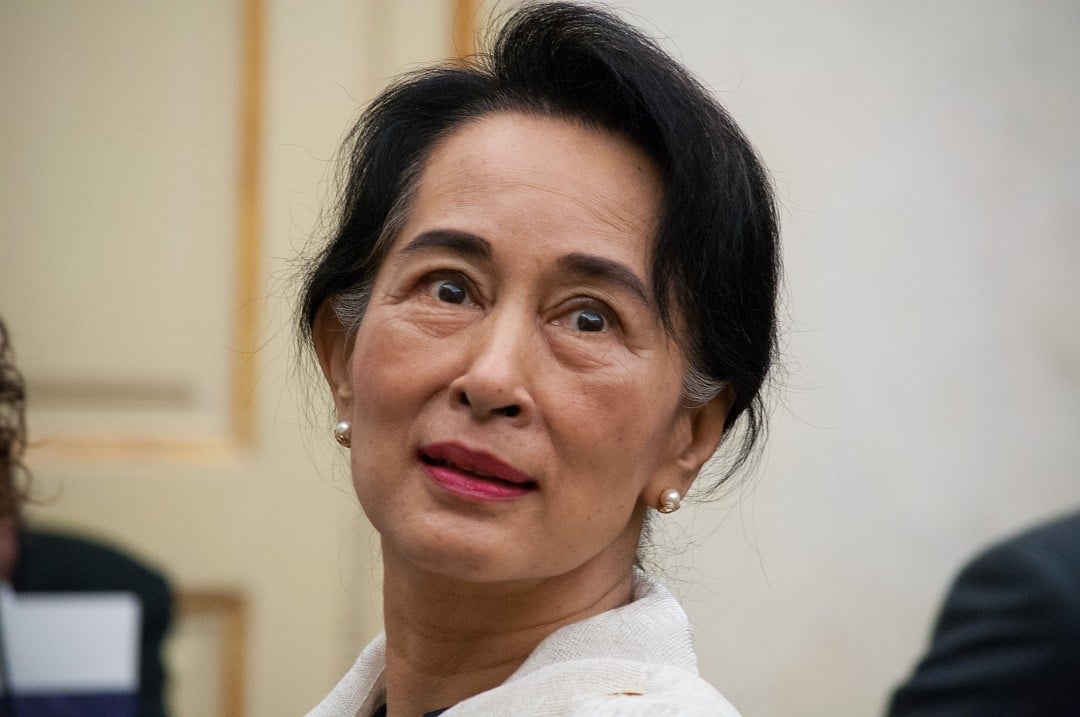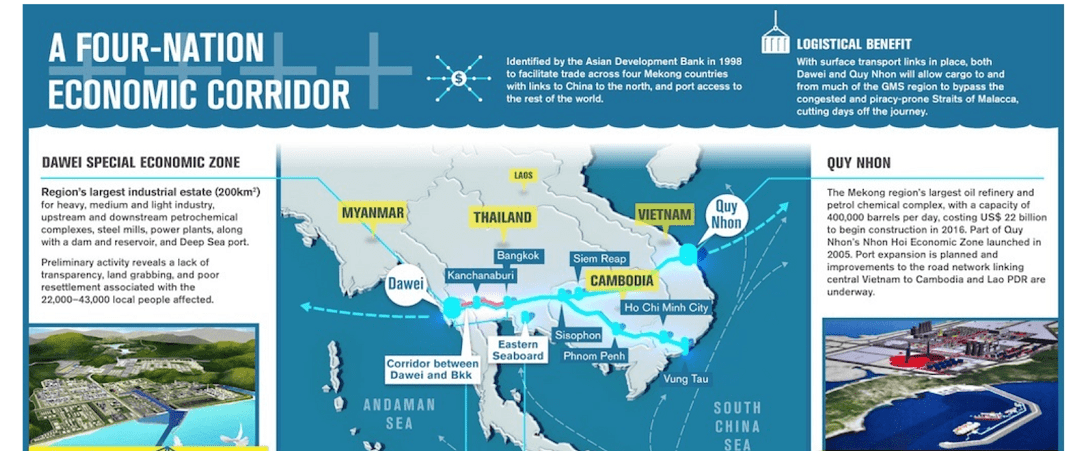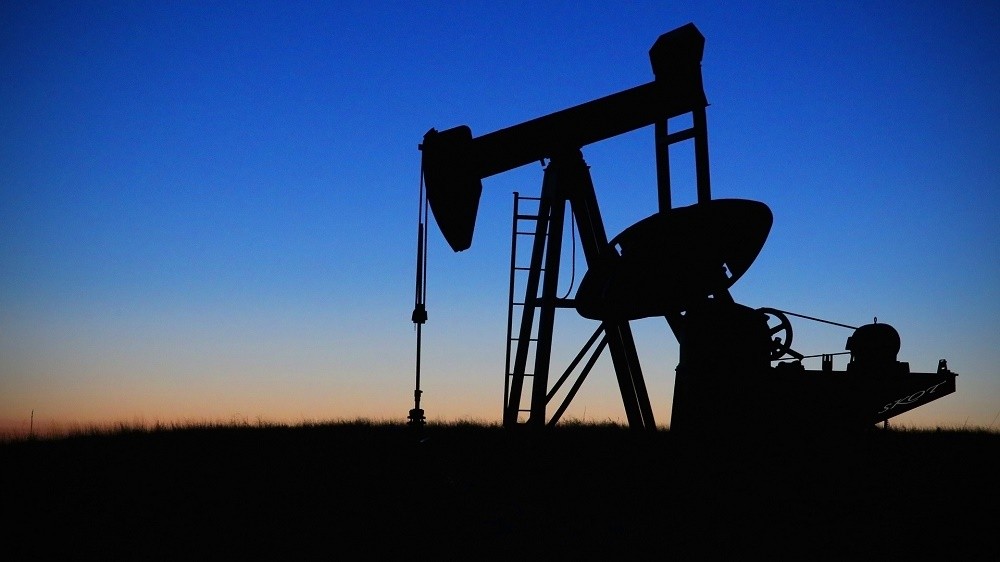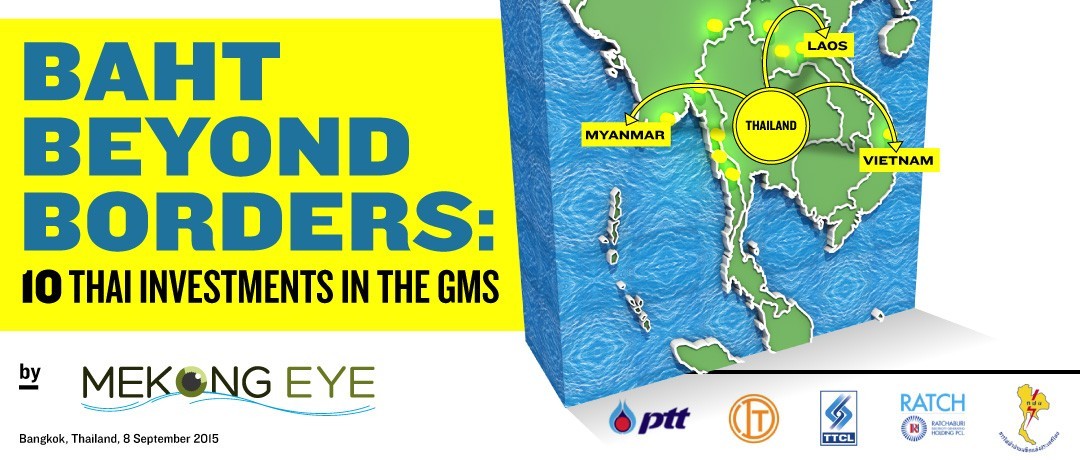A Chinese-led US$3 billion plan to build Myanmar’s largest oil refinery near the southern city of Dawei has raised questions about China’s strategic intentions in launching apparently commercially unviable projects, while local groups have already signalled their opposition.
Tag: oil-gas
China seeks ‘new chapter’ in first visit with Myanmar’s Suu Kyi
China and Myanmar pledged to open a “new chapter” in their sometimes strained relationship, raising the prospect that stalled Chinese investment projects in the Southeastern Asian country could be allowed to resume.
Aung San Suu Kyi, head of Myanmar’s ruling National League for Democracy and newly installed foreign minister, and her Chinese counterpart, Wang Yi, said the two had “reached consensus” to approach existing problems through negotiations. Wang’s trip — the first high-level diplomatic visit since Suu Kyi’s party filled top government offices last week — signaled China’s interest in firming up ties tested by the previous military-backed government’s halt of projects such as the $3.6 billion Myitsone dam.
China firm wins Myanmar approval for $3 bln refinery
Chinese state-controlled commodity trader Guangdong Zhenrong Energy Co has won approval from the Myanmar government to build a long-planned $3 billion refinery in the Southeast Asian nation in partnership with local parties including the energy ministry, company executives said on Tuesday.
The project, which also includes an oil terminal, storage and distribution facilities, would be one of the largest foreign investments in decades in Myanmar. Myanmar currently imports most of its fuel.
The Myanmar Investment Committee granted the Chinese firm approval to build a 100,000 barrels-per-day (bpd) refinery in the southeast coastal city of Dawei, Li Hui, a vice president of Guangdong Zhenrong and head of the company’s refining business, told Reuters.
For Myanmar, temptation of cheap coal ‘hard to ignore’
Myanmar’s new government is set to mushroom coal’s share of its energy mix, despite manifesto pledges to boost clean energy and cut air pollution.
The National League of Democracy (NLD) took power last Wednesday, formally ending nearly five decades of oppressive military junta.
Aung San Suu Kyi’s party will stick to existing targets to increase coal-fired power from 2% to 30% within 15 years, as it expands energy access in a country with one of the world’s lowest electrification rates.
UPA signs B10bn Dawei power plant deal
The signing ceremony was held on Monday to mark the start of investment in a 200-megawatt plant to be located in Kanbauk.
Mr Upakit said the move to develop the 200MW power plant came after the first step last June, when subsidiary Andaman Power and Utility Co (APU) signed a contract with the Tanintharyi regional government to supply electricity and develop the 20MW gas project in Dawei.
Massive Dawei Corridor Set to Span Four Nations
Some 196 square kilometers along Myanmar’s west coast is slated for transformation into a deep sea port and industrial estate unrivaled anywhere else in the region.
Myanmar Oil Gas Industry Opportunity, Analysis and Forecast Report 2016
Research and Markets has announced the addition of the “Myanmar Oil Gas Industry Analysis and Forecast Report (Q1 2016). The premier report provides analysis of key opportunities and associated challenges facing Myanmar oil and gas industry. Amidst several challenges confronting the oil and gas industry including fall in prices, changing market conditions, oil and gas sector risk and shift in competitive landscape, the report provides detailed insights into critical short and long term factors set to shape the outlook.
Eye On: Baht Beyond Borders
With public opposition to major infrastructure projects a growing concern, and willing partners in neighboring countries eager to pick of the slack, Thailand’s industrialists are fanning out in all directions. Energy projects dominate the mix, including coal, gas and hydropower. As a result, it’s the Electricity Generating Authority of Thailand driving much of the activity.
Thermopower plants’ fate questionable as Vietnam tries to reduce greenhouse gas emissions
The Ministry of Industry and Trade (MOIT) has assigned the Energy Institute to adjust the seventh electricity generation development plan (PDP 7) before being submitted to the Prime Minister for approval.
Experts have repeatedly warned that the forecast demand and the required investment capital are high, which will put a heavy burden on the national economy.
However, there is another reason cited to adjust PDP 7: the plan does not show appropriate attention to sustainable development in electricity generation. With the plan, Vietnam will still heavily rely on coal thermopower plants.
Thai power producer RATCH to invest $1b in overseas plants in Indonesia, Laos, China
Thailand’s listed power producer Ratchaburi Electricity Generating Holding PCL (RATCH) plans to invest around $1 billion in power plants in Indonesia, Laos and China, a top official with the company said.
The company expects its aggressive investment to double its electricity production capacity to 8,000 megawatts, increasing its enterprise value from the current level of 124 billion baht to 188 billion baht by 2018.
Rum Herabat, the newly-appointed chief executive officer, said the company is looking at three main approaches to increase business. These include – exploring new investments, managing efficiency of main power plants and completing construction of new power plants as planned.
The potential projects, for which the company is conducting feasibility studies and negotiation include, 2,000-MW JAWA7 in Indonesia, 400-MW Sekong 4 hydropower project in Lao PDR, seven solar farms projects for the public sector in Thailand (with a combined capacity of 35 MW) and 2,000-MW power plant project in China.





